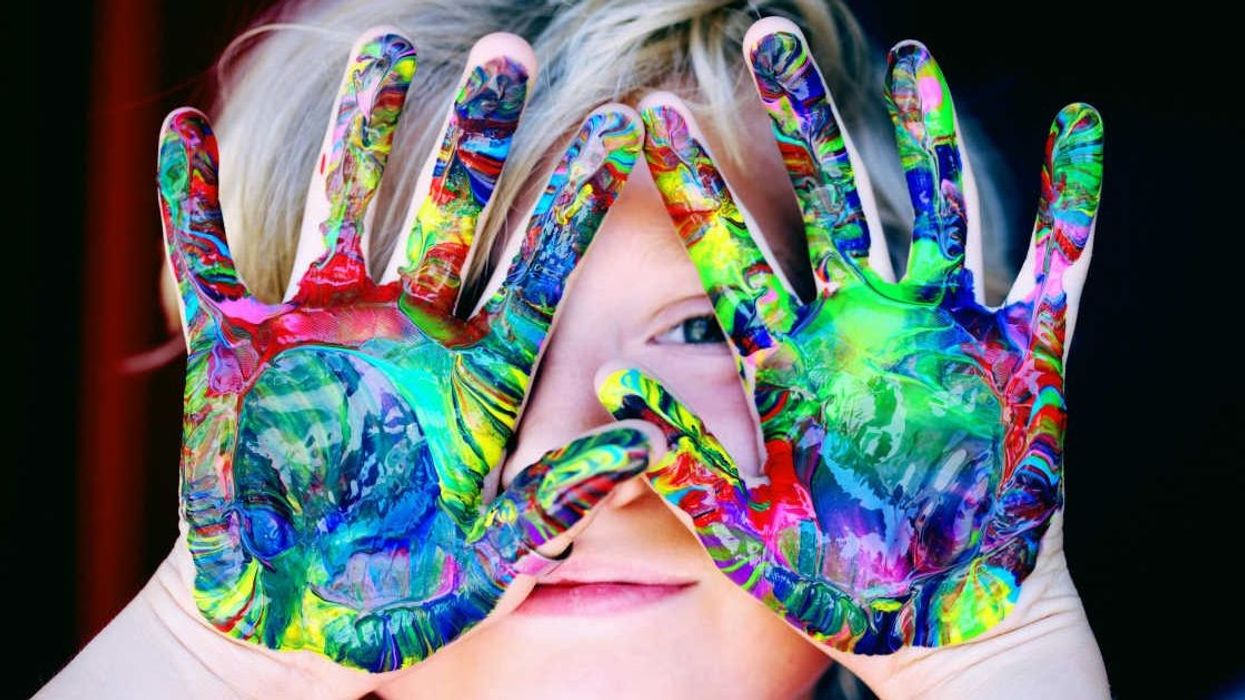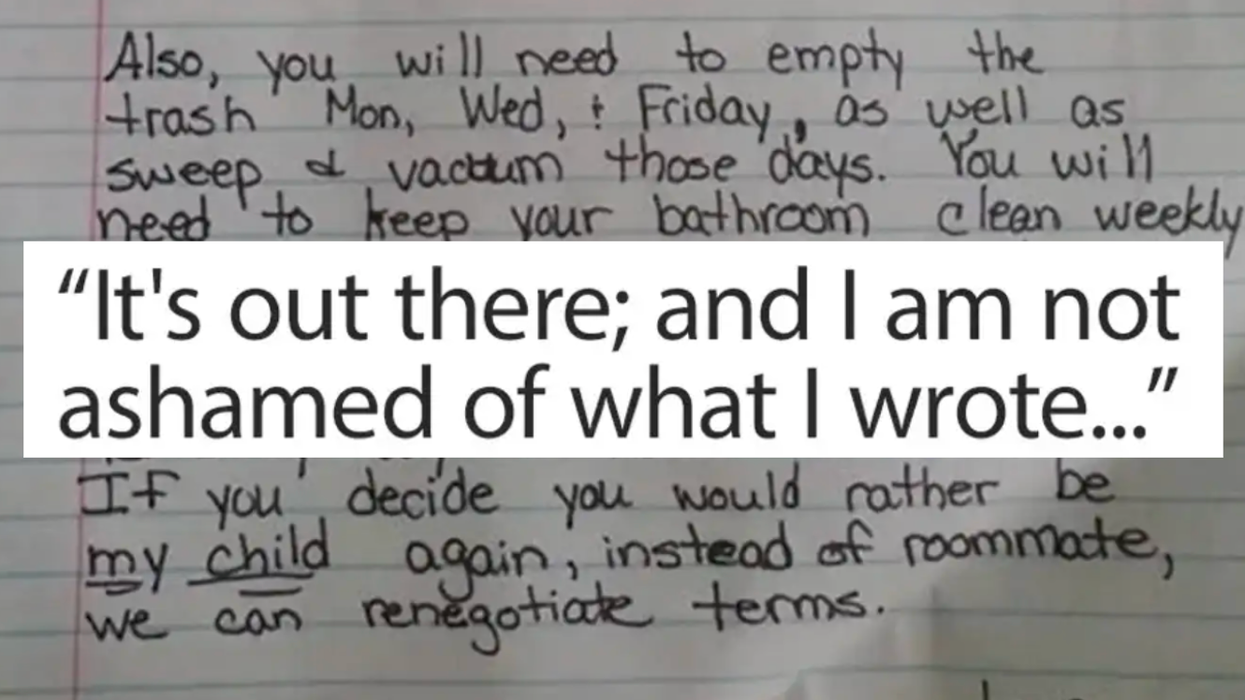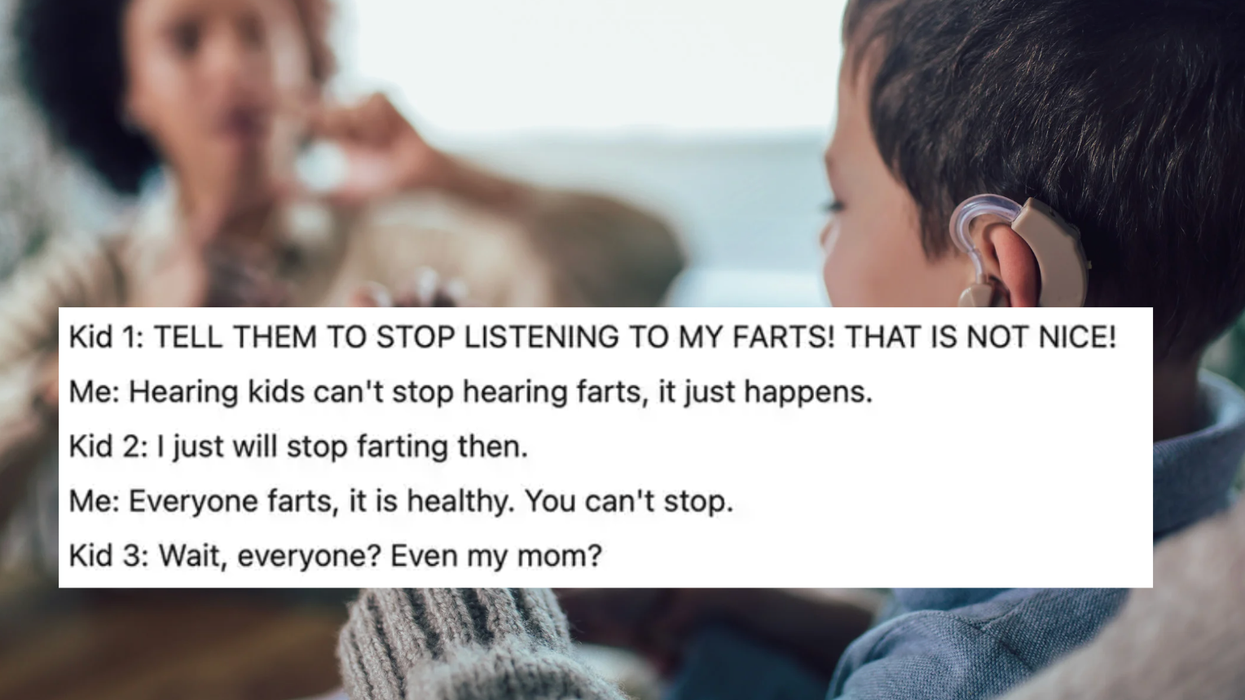Throughout recorded history, humans have forced the evolution of select plants and animals. Now, researchers at the Hawaii Institute of Marine Biology’s Gates Lab are using this technique, called “assisted evolution”, to create “super coral.”
Why would researchers, led by Hollie Putnam and Ruth Gates, director of the the Hawaii Institute of Marine Biology, want to breed this strong, resilient coral? It comes down to the impact of climate change on oceanic ecosystems.
As the world’s oceans have warmed, the pH level has dropped (become more acidic), which has triggered something called “bleaching” in coral reefs. According to the U.S. National Oceanic & Atmospheric Administration, bleaching occurs when stressed algae exits the coral, leaving behind completely white coral that is extremely vulnerable. The worry is that coral reefs might not be able to evolve fast enough to adjust to climate change and warming oceans, which would have a domino effect on ocean ecosystems.
To combat this, Gates Lab is locating corals with strong genes that have resisted the bleaching process, and transporting them back to their laboratory at Hawaii’s Coconut island, where they are assisting their evolution. The idea is then to take this super coral back to bleached reefs and see if they can once again flourish in less than ideal oceanic conditions.
While Gates Labs’ 2014 paper, “Building coral reef resilience through assisted evolution,” emphasizes that their research is novel, they are calling on the scientific community to expand on this research and build other biological toolboxes to preserve ecosystems.
“The research advocated in our article is extremely novel in conservation and restoration science generally and is relevant to all organisms whose persistence, like corals, frames services that are important to human well-being,” the researchers reported in the paper.
“Although ongoing research and social actions to address the root causes of climate change are essential, we advocate that it is also critical to build a biological tool box now that can be used to enhance resilience and mitigate the impacts of disturbance, with the goal of sustaining human services and biodiversity in the rapidly changing ocean of the future.”
















 Otis knew before they did.
Otis knew before they did.